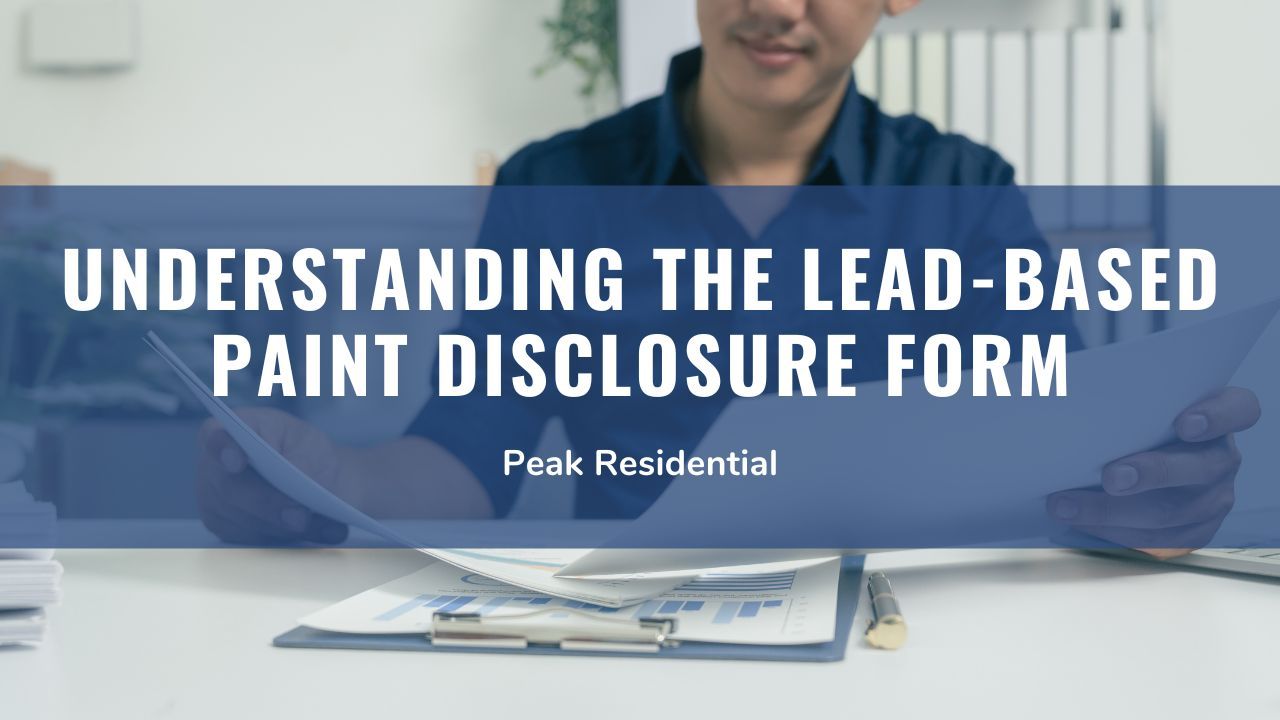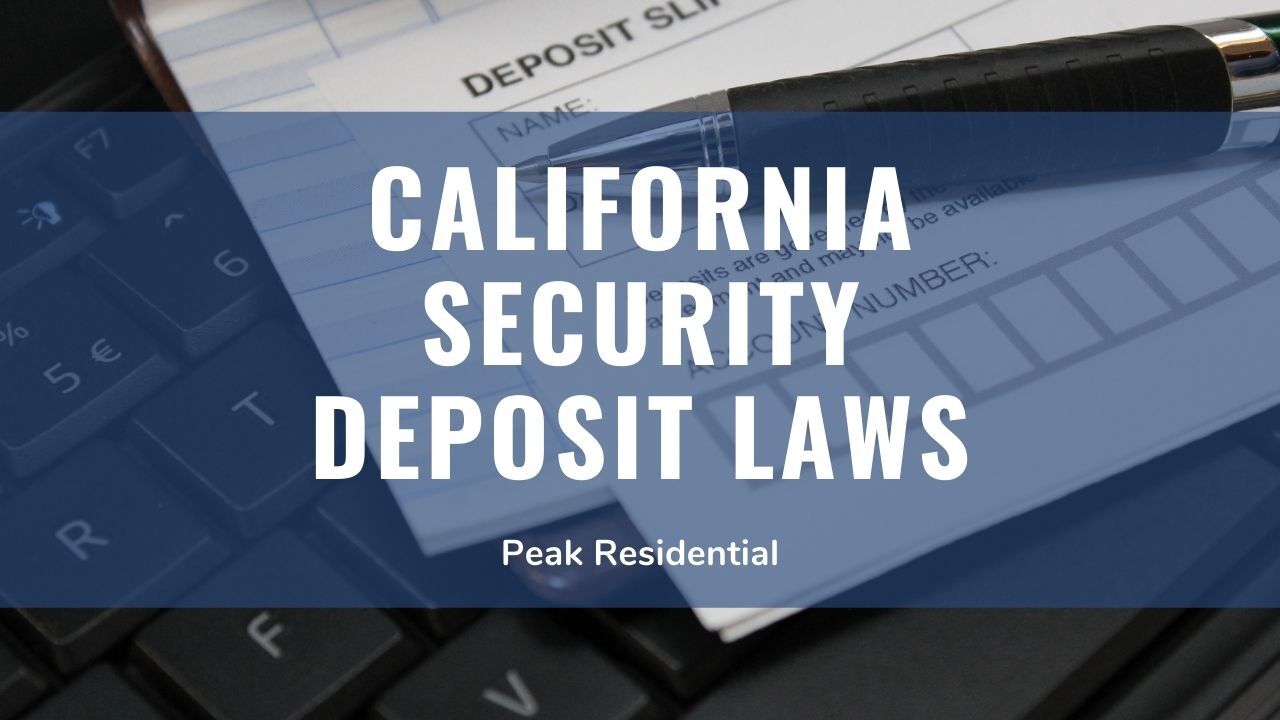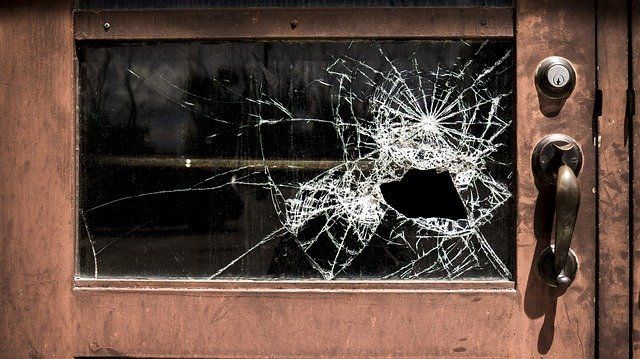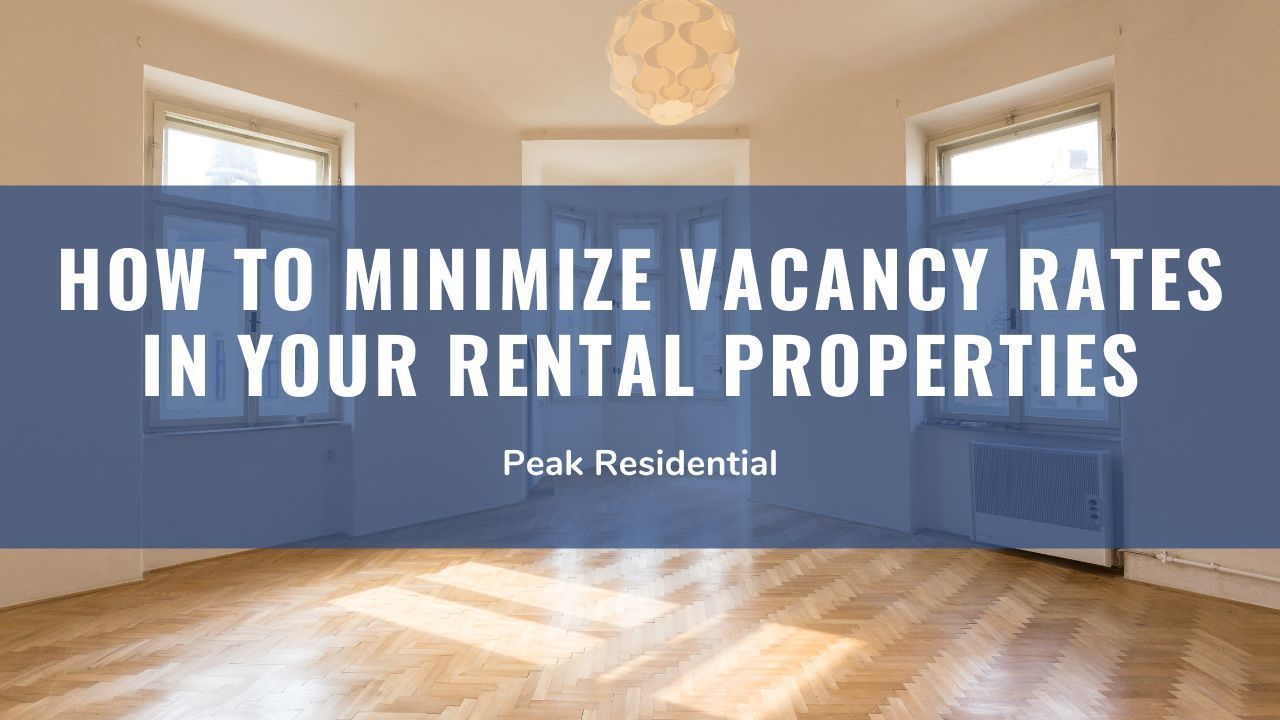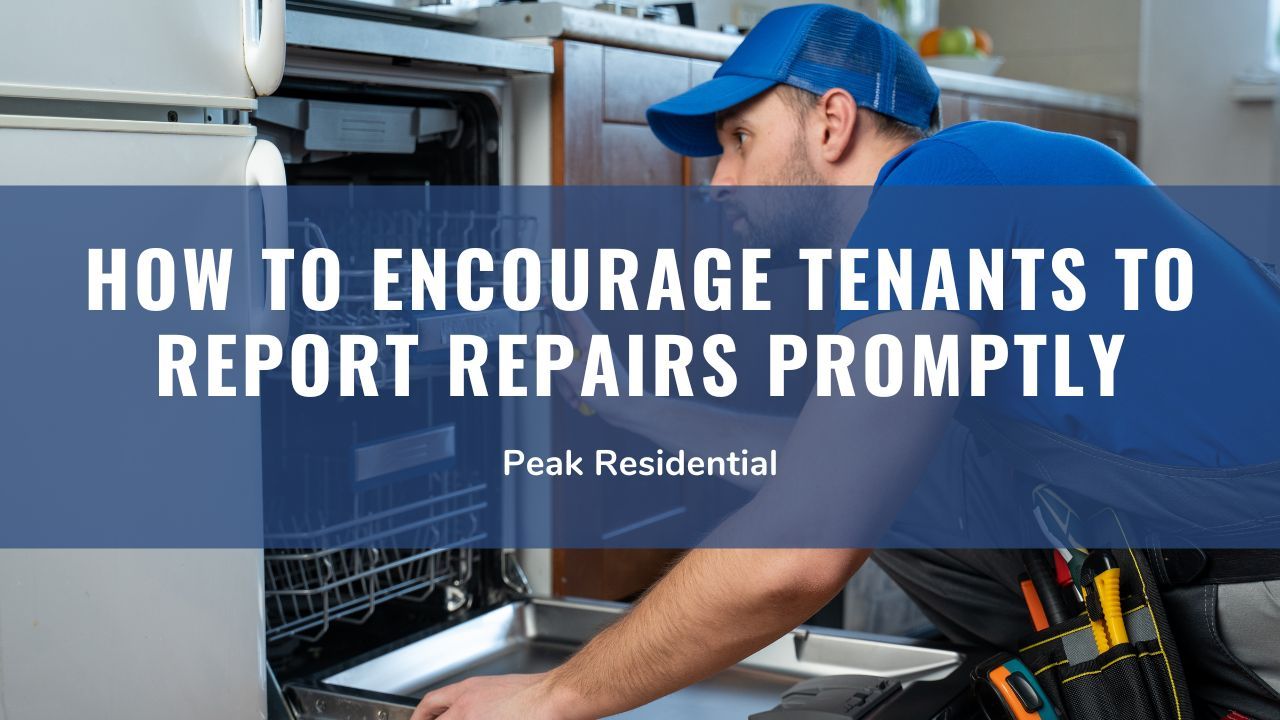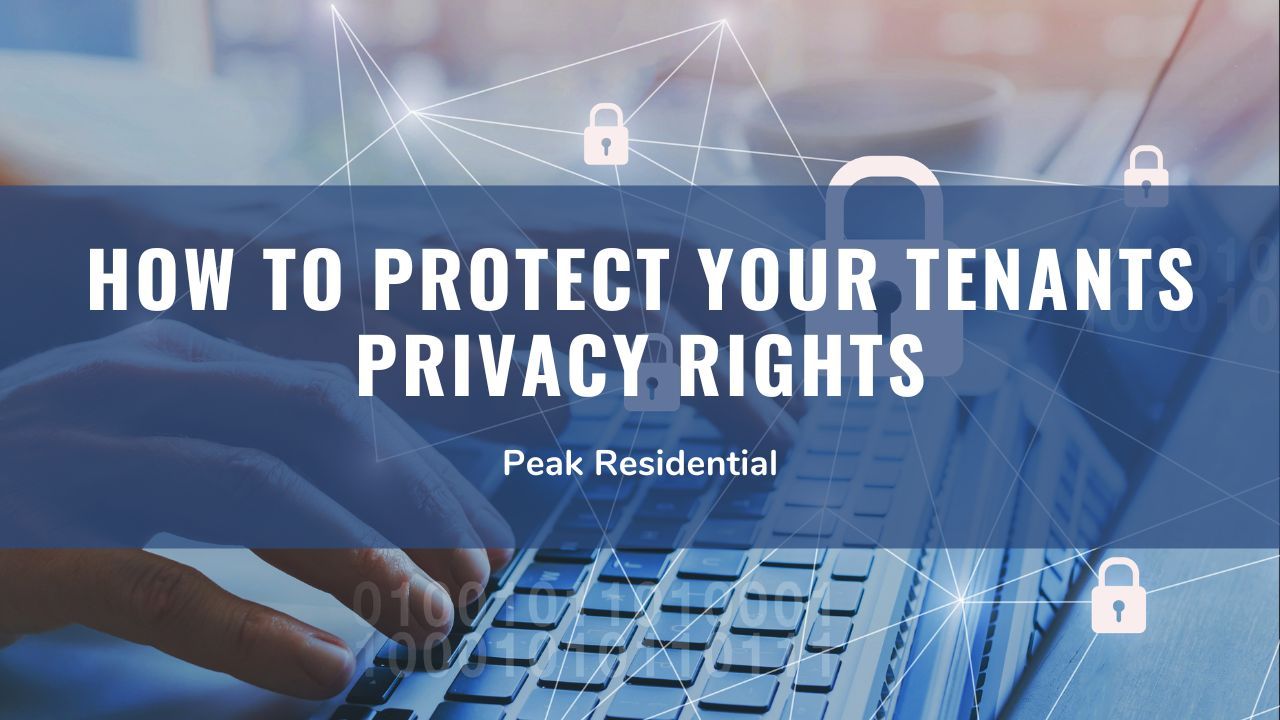California Security Deposit Laws
As per California security deposit laws, a landlord has the right to require their residents to pay a security deposit prior to fixed term lease signing. Although there are security deposit collection practices you must follow. Security deposits are often a one-time, refundable deposit allowed by law. There is a law limiting the security deposit, which means the deposit is usually a few month's rent.
So, why do landlords require it? A California security deposit helps cushion a landlord against a myriad of financial liabilities that may arise from a tenant’s negligent or careless actions. For example, failure by a tenant to pay rent, which is a violation of the lease agreement.
Under California law, when a tenant signs the rental agreement for a rental property, they agree to pay rent for the entire term of the rental agreement. If they don’t, landlords have multiple remedies to consider, including evicting the tenant through a small claims court and withholding all or part of the tenant's security deposit. If the rent deposit is not enough to cover your losses, landlords may still be able to sue them for the balance.
Disputes with security deposits are also handled by the small claims court.
Other reasons to withhold a tenant’s entire security deposit under California law include:
- The security deposit can be used to afford unpaid rent or utilities once a tenant vacates their rental unit
- The security deposit can be used to afford the cost of cleaning after a tenant moves out of the property or breaks the lease early
- The security deposit can be used in case the tenant abandons the residential unit, not paying rent or to remedy future defaults and resolve tenant's default or remedy identified deficiencies
- The security deposit can be used to help afford the cost of repairs for excessive damage the tenant may have caused or removal of tenant's possessions or return personal items after an eviction
Under California security deposit laws, the money from security deposits cannot be used to cover normal wear and tear though. With that in mind, here are answers to common questions in regards to California security deposit laws or managing a tenant's deposit of money.
Question #1: How Much Security Deposit is a California Landlord Allowed to Collect from Their Tenants?
California civil code section 1950.5, does limit security deposits under law. California landlords have a maximum security deposit how much security deposit they can collect from their tenants. The maximum security deposit is based on the rate of the landlords one month's rent. The entire security deposit limit depends on furnished and unfurnished units, residential rental unit.
The limit for security deposits differs for furnished and unfurnished units, on a furnished rental unit is 3X the month's rent. If the rented property is not furnished residential furnished properties, then the maximum landlords can ask a security deposit is twice the amount of the month's rent.
One exception exists under law: if the tenant is an active service member. In this case, the limit for the security deposit is one month's rent lower in both cases.
Remember to abide by the Fair Housing Act, however. Some residential property owner may want to charge more than 2X or 3X the month's rent, depending on the characteristics of a tenant. This falls under discrimination, even if it's unintentional.
Question #2: Are Landlords Required to Charge Non-refundable Security Deposits?
No. The state of California regards tenants’ California security deposits to be refundable at the end of the lease term. So, as a landlord, it’d be illegal under California law to ask for a non-refundable fee on the residents's security deposits in California.
Question #3: How are California Landlords Required to Store Their Tenant’s Security Deposits?
Under California law, a landlord is responsible for storing their tenants’ California security deposits, but they don’t have to store the security deposit in any particular manner. Landlords must know how to store the deposit. The security deposit doesn’t have to be stored as a surety bond, and the security deposit doesn’t have to be kept in a separate financial institution designated by the law.
Question #4: Does a Tenant Have a Right to Use the Security Deposit as the Last month’s Rent in California?
The resident's security deposit is generally not used to cover unpaid rent, be an advance payment, or cover the remaining portion of rent owed. But a tenant can do so if they have reached an agreement with their landlord in that regard. The rental agreements have to be in writing, usually the security deposits in California information the lease or rental agreement itself. California law has no impact on this or anything else to do with the month's rent.
Question #5: Can a Landlord Keep Part or All of a Tenant’s Security Deposit in the State of California?
Yes. Under law, landlords have every right to withhold part or all of the resident’s security deposit in certain cases. The California landlord-tenant act ensures this aspect of handling the security deposit including handling security deposit disputes under the law. The following are some of the cases that are acceptable security deposit deductions for a rented premises:
- Failure by the tenant to pay their month's rent or return any unpaid rent or rent owed as stated in the rental agreement
- If the tenant leaves the property in a dire state of uncleanliness or needing repairs compared to the initial inspection when moving out
- In case the tenant abandons the rented property during the tenancy or tenant waived their rights to it
- If the tenant is moving out after the tenancy but fails to clear their utility bills minus allowable deductions under law
- If the tenant causes beyond reasonable damage during the tenancy(beyond reasonable ordinary wear and tear) or leaves dirt enough to incur cleaning costs.
But what exactly is excessive property damage? What constitutes property damage and normal deterioration is often a source of conflict between either the landlord or their tenant due to the cost of repair. An itemized statement should be used by the landlord if ordinary wear and tear exists prior to the tenant moves in and starts paying rent. When considering a rented residential unit, the following lists are a summary of the difference between the two terms.
To Excessive Damage:
- Missing shower rods
- Existence of shower mold
- Missing bathroom tiles
- Gaping holes on the walls
- Broken doors and windows
- Carpet burns and stains
Normal Wear and Tear:
- Loose grouting counts as wear and tear.
- Slightly torn shower curtains in unfurnished units
- Dirty mirror
- Scrapes and dents of countertops or cabinets
- Slightly torn wallpaper
- Faded paint is also counted as wear and tear.
Question #6: Do California Tenants Have a Right to Walk-through Inspections?
California landlords can perform a walk-through inspection. The goal of the inspection is for landlords to check potential issues that a tenant may need to fix prior to getting their security deposit back. This should compliment your initial inspection of the property.
If you’re planning to have a walk-through inspection, landlords must follow the steps below according to California state law.
- The landlord is responsible for letting their tenant know with a written notice that they’re planning to inspect their rented premises. The tenant may choose to participate in the inspection or not
- If the tenant chooses to participate, then the inspection must take place no sooner than 2 weeks prior to the expiry of the lease
- The landlord responsible for notifying the tenant 48 hours before the day of the rental unit inspection. Unless both the landlord and their tenant agree, in writing, that a written notice isn’t necessary, the landlord must notify them in writing about the date and time of the inspection
- The landlord must present their tenant with am itemized statement of all repairs they need to work on before the final inspection and before the tenant moves out
Question #7: What Should a Landlord Do If They Sell Their California Rental in the Middle of a Lease?
If a landlord sells their real estate investment, they’ll need to do either of two things: one, landlords may choose to returning security deposits to the tenant, minus deductions. Landlords must then let the tenant know, in writing, of the deductions made to their security deposit, if any.
The other option the former landlord has is to transfer the security deposit to the new owner, minus deductions. If the landlord intends to sell the real estate investment, the landlord must then notify the previous tenant of any deductions made to the security deposit, as well as the name and address of the new owner.
Question #8: How Long After a Tenant Has Moved Out Should a Landlord Return Their Security Deposit?
In California, landlords must return their tenants’ security deposits within 21 days upon moving out. In the notice, the landlord must state the tenants security deposit was returned as well as the itemized statement indicating any deductions made.
Bottom Line
Security deposit laws are a vital aspect to understand as a landlord. It can help avoid financial losses in the case of problem tenants or accidental damages, among other things. Ultimately, just like eviction laws and rules for breaking the lease, it’s for everyone’s benefit to have a firm grasp on these concepts should legal matters arise regarding which could cost landlords a great deal.
Consider the benefits of hiring a management company to help landlords with their rental operation.
*Disclaimer: The information herein is only meant to be educational and is in no way to be taken as a substitute for professional legal assistance. For expert help from property managers, please hire the services of an experienced property management company like Peak Residential.
